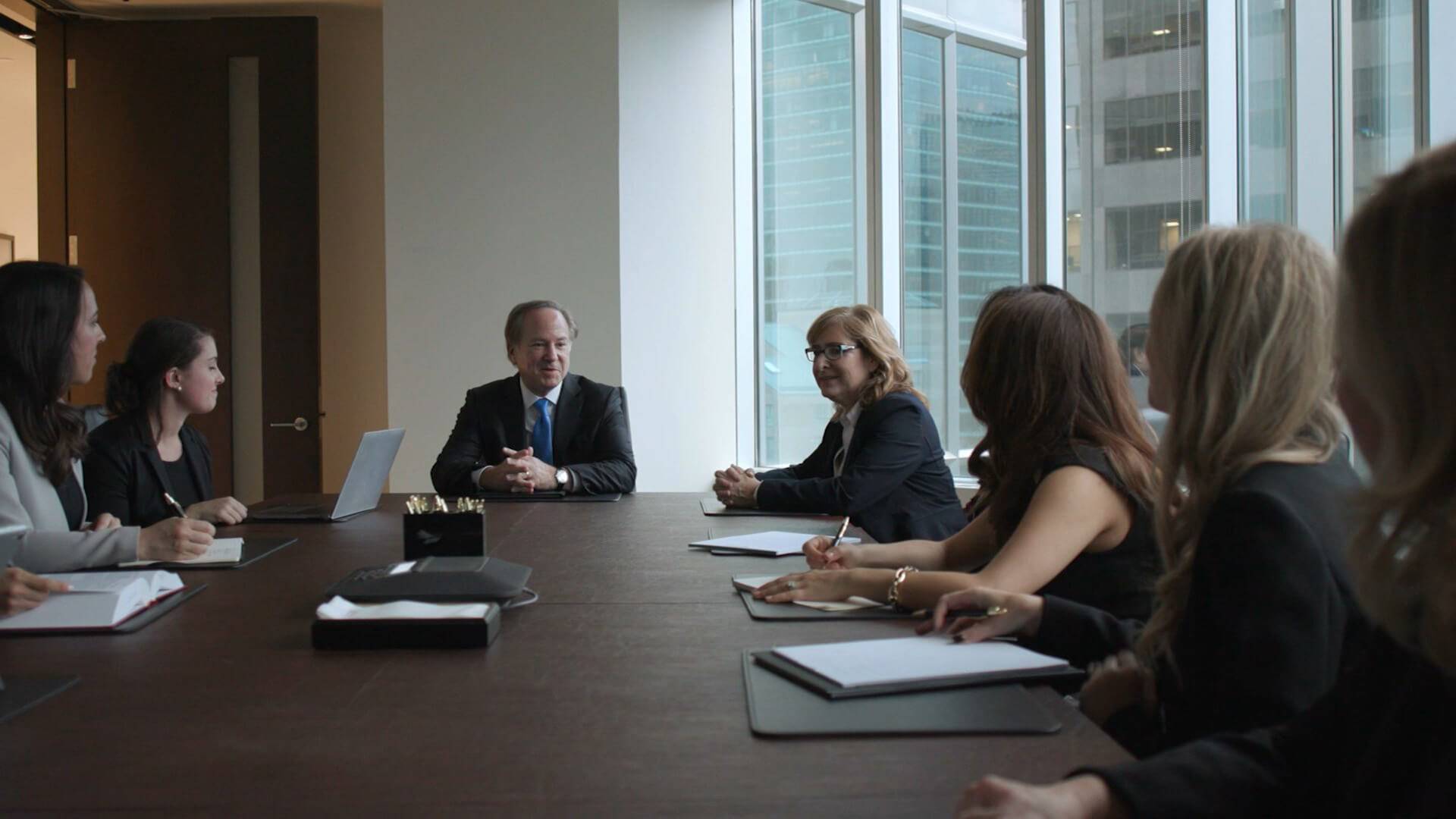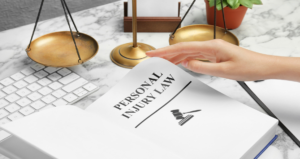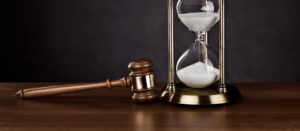
Toronto, Ontario is Canada’s largest City (by population). It is home to 2.5-million people. It boasts various attractions, such as the CN Tower, the Rogers Centre, and the Toronto Zoo. Canada’s financial district is also deeply rooted in Toronto: the downtown corner of Bay and King, for example, is home to financiers, accountants, entrepreneurs, consultants, investment advisers and lawyers (who sit in their ivory towers). In fact, Toronto has the most lawyers in Canada for a city: approximately 18,000!
Now not all of the lawyers in Toronto practice the same type of law. Some do business. Others real estate. Other do civil litigation, such as family law, wills and estates litigation and personal injury. On that note, you might ask: what does a personal injury lawyer do for you? In a nutshell, personal injury lawyers focus on helping you if you’ve been injured in an accident or otherwise. The types of things they can help you with include: motor vehicle accidents, medical malpractice, dog bites, slip and falls (i.e. occupier’s liability), and defective products.
As a Toronto lawyer, I am happy to share some insights into what personal injury lawyers who work in Toronto can do for you. As a start, I thought it would be worthwhile to mention a list of Toronto Personal Injury Lawyers for you to consider if you need to consult with one:
– Howie, Sacks, and Henry
– Romano Law Firm
– Thomson Rogers
– Singer, Kwinter
– Diamond & Diamond
Injury lawyers at these firms are experienced and well-known for helping those in and around the city.
Now, I’m going to briefly discuss what you can expect when you meet with one of them.
So what should you expect when you first meet them?
Fees
First and foremost, most personal injury lawyers in and around Toronto don’t take any money from you unless they win. They are willing to fight for you over the course of a number of years and not take a penny – even risking doing it all for free. Instead, they enter into a contingency fee arrangement with you that says that, if they win, they’ll take between 20-40% of your winnings. That’s how people can actually afford these lawyers. It’s all about promoting access to justice. Why would they do that, you ask? Well, they’ve done it so many times before that they realize that payment is almost guaranteed – especially if they’re dealing with an insurance company. That way, they’re minimizing the risk and they simply need to push the paperwork (e.g. filing the claim, discovery, motions, etc.) attend court a few times, and wait for a few years until an insurance company comes to its senses and settles. This is generally how most motor vehicle accident claims are handled. I’ve spoken with some pretty senior Toronto personal injury lawyers who tell me that they’ve rarely gone to trial. It just doesn’t make economic sense to the insurance companies to do so. But what about things like slip and falls or defective products? These cases may not always be straightforward or prone to settling – especially if the personal liability of a human being is at stake. If it’s a big corporation with insurance, however, then it will likely settle. Those corporations want to make their shareholders happy and don’t want to have a negative result in court which could cost them a lot (plus having to pay for the other side’s legal fees – which could become very high in a very short period of time!).
Preparing for Court
Now, if your matter needs to go before a judge to get decided, there’s some stuff you should know about what personal injury lawyers can do for you. Essentially, they can help you in the following
- Evaluate your claim to damages by looking at your rights, liability, damages, the defences of the other parties, and possible outcomes (either through settlement or going to court).
- Give you a detailed explanation of how the laws work (from the time you start your claim to settling or getting an order through trial).
- Negotiating with the opposing parties (the strategy here could be to be nice or brutal; what strategy ends up working will depend on the specific context and facts of each case and how to “deal” with the other side).
- If the matter gets to trial, the lawyer can challenge witness’ credibility and testimony (by pointing out inaccuracies or challenging their competency to speak to certain matters).
- Again, if the matter goes to trial, then your lawyer can present expert evidence (e.g. testimony and reports) that are favourable to their client.
- At trial, your lawyer will be given the opportunity to point out historical cases that have been adjudicated and which are in their client’s favour (because they are similar).
- At trial, try to persuade a judge that a certain historical case should not be followed (if doing so is disadvantageous for their client) because of differences in law / fact / both and other reasons.
- At trial, your lawyer can try to protect you from answering inappropriate or irrelevant questions










